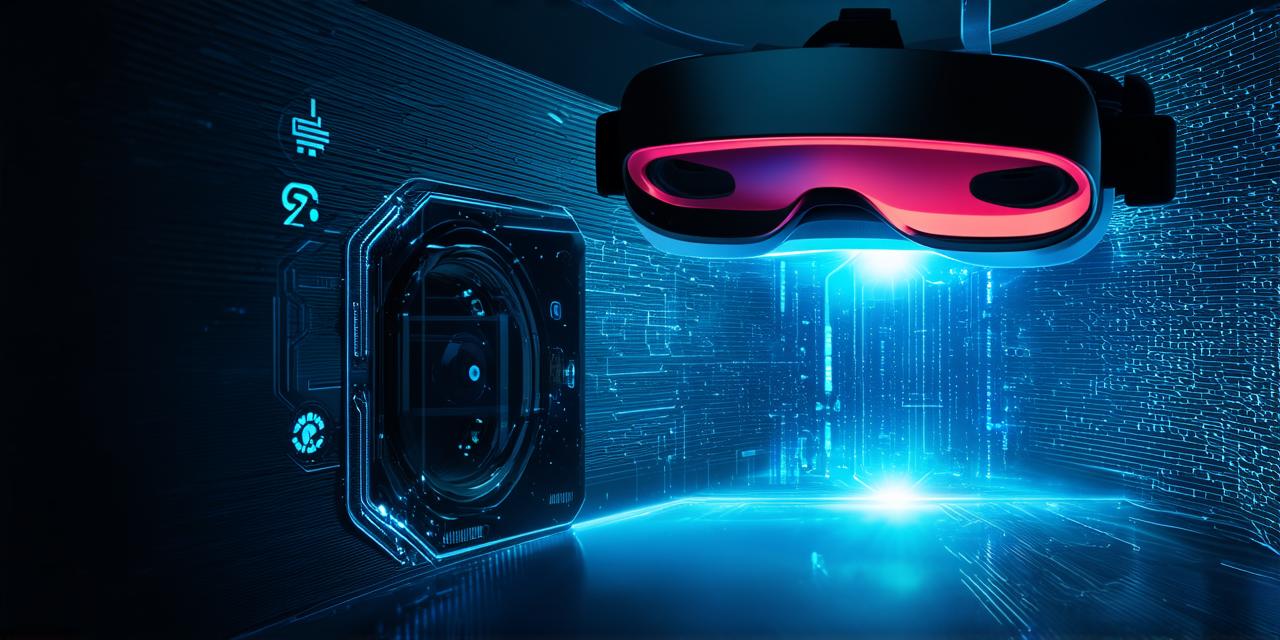Virtual reality (VR) technology has been around for several decades now, but it’s only in the last few years that we’ve seen it used as a tool for mental health treatment. Exposure therapy, which involves gradually exposing someone to a trigger or stimulus that they fear or avoid, is one of the most promising applications of VR in mental health.
Exposure therapy has been shown to be effective in treating a variety of anxiety disorders, including phobias, post-traumatic stress disorder (PTSD), and social anxiety. By using VR to simulate real-life situations that trigger anxiety, therapists can help patients confront their fears in a safe and controlled environment.
One example of the effectiveness of VR exposure therapy is the treatment of PTSD in veterans. Many soldiers who have served in combat zones suffer from flashbacks and other symptoms of PTSD, which can make it difficult for them to re-enter civilian life. A study published in the Journal of Traumatic Stress found that veterans who underwent VR exposure therapy had significant reductions in symptoms compared to those who received traditional cognitive behavioral therapy (CBT).
Another example is the treatment of social anxiety disorder, which affects millions of people worldwide. People with social anxiety often avoid social situations and may have panic attacks when confronted with them. A study published in the Journal of Consulting and Clinical Psychology found that VR exposure therapy was as effective as traditional in vivo exposure therapy in reducing symptoms of social anxiety disorder.
One way that VR exposure therapy works is by desensitizing patients to triggers or stimuli. Over time, as they are exposed to these stimuli in a controlled environment, their bodies and minds learn to associate them with safety rather than fear. This can be seen in studies that have used fMRI (functional magnetic resonance imaging) to measure brain activity in people undergoing VR exposure therapy for PTSD. The results showed that after receiving VR exposure therapy, patients had reduced activation in the amygdala, which is associated with fear and anxiety.
Another way that VR exposure therapy works is by providing a sense of control over triggering situations. In real life, people with anxiety disorders may feel powerless to avoid triggers or cope with them. By using VR, therapists can create simulations where patients have more control over the situation and can practice coping strategies. This can be seen in studies that have used VR exposure therapy for phobias. Patients were able to gradually overcome their fear of heights by practicing exposure in a VR environment, which allowed them to have more control over the situation.
One potential drawback of VR exposure therapy is the cost. While VR technology has become more affordable in recent years, it can still be expensive for some people or organizations. Additionally, not all patients may be comfortable with VR technology or may have physical limitations that make it difficult to use.
Despite these challenges, the potential benefits of VR exposure therapy are significant. By providing a safe and controlled environment for patients to confront their fears, therapists can help them overcome anxiety disorders and improve their overall quality of life. As VR technology continues to evolve and become more accessible, we can expect to see even more promising applications in mental health treatment.
FAQs:
Is VR exposure therapy effective for all anxiety disorders? While VR exposure therapy has been shown to be effective for several anxiety disorders, it may not be the best treatment option for everyone. It’s important to work with a licensed therapist who can assess an individual’s needs and recommend the most appropriate treatment plan.
What is the cost of VR exposure therapy? The cost of VR exposure therapy can vary depending on the type of technology used, the duration of treatment, and other factors. Some insurance plans may cover VR exposure therapy as a form of mental health treatment, but this can vary by policy.
Is VR exposure therapy suitable for everyone with anxiety disorders? While VR exposure therapy has been shown to be effective for several anxiety disorders, it may not be the best treatment option for everyone.
